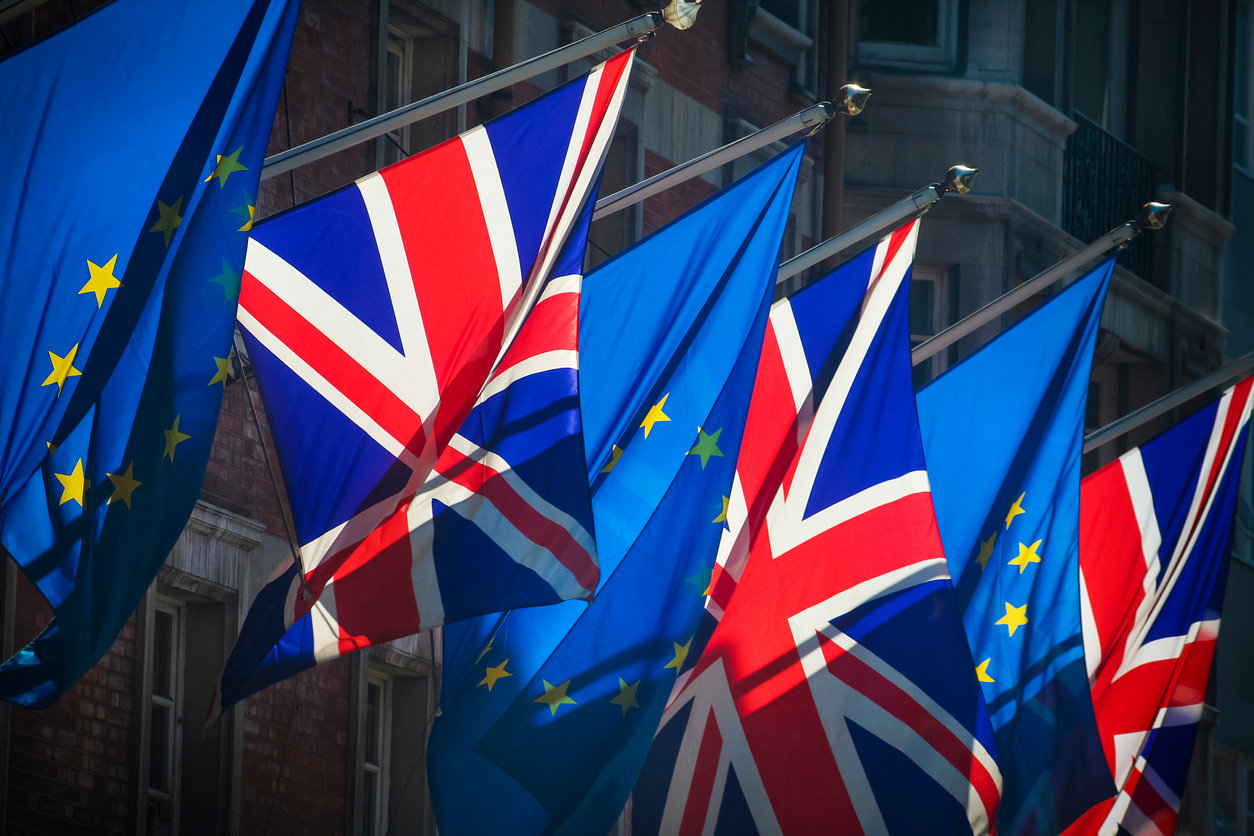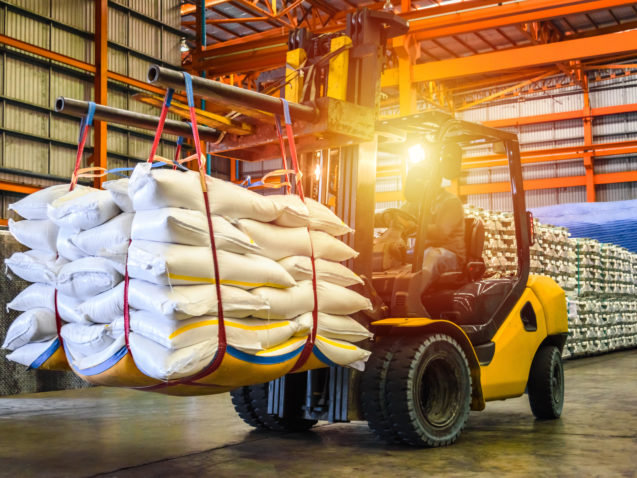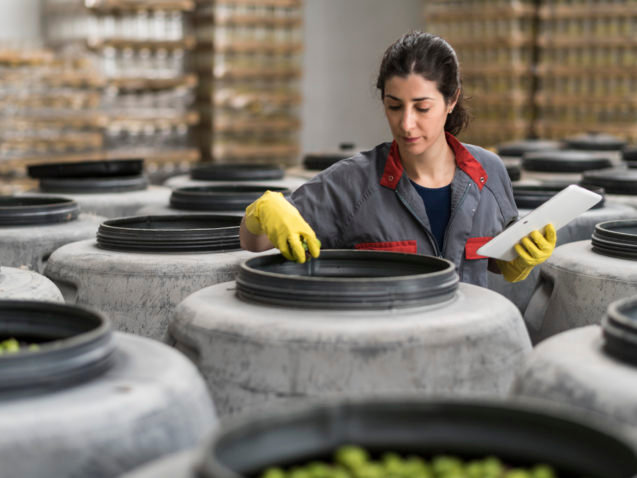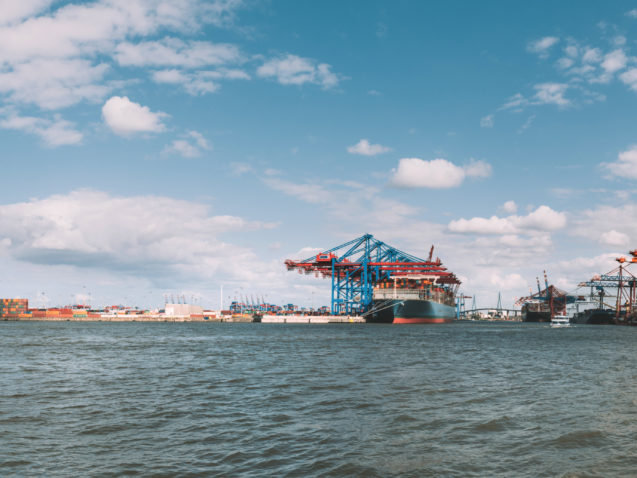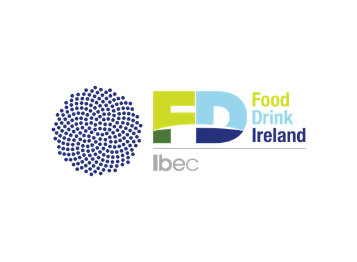Paul Kelly is Chair of FoodDrinkEurope’s Competitiveness Committee
As EU-UK negotiations continue, the end of the transition period on 31st December looms even closer. Although the outcome of the negotiations remains unknown, what is clear is that deal or no-deal, Brexit involves an unprecedented fracture of the Single Market.
We will see significant disruption to EU – UK trade and in particular the €43 billion of trade in food and drink. Any future trading relationship as currently envisaged, will be sub-optimal to current arrangements, will not be frictionless and will impact negatively on food and drink trade flows, production output and employment.
Even in the event of a deal, our industry will face a myriad of non-tariff barriers including customs and veterinary checks and accompanying administration requirements, regulatory divergence and supply chain delays. All these impose substantial and ongoing costs on the food chain.
However, the prospect of negotiators failing to reach a deal on future EU-UK trade relations will result in a particularly devastating double whammy for food business operators who are already struggling to cope with the Covid-19 pandemic.
European food and drink exports to the UK will attract €6 billion in tariffs – these are in effect additional imposed taxes on business. Many businesses facing large tariffs and/or operating on thin margins will be unable to absorb these tariffs and will seek to pass them on to the consumer – a consumer also facing the same double whammy.
So, it is of the utmost importance that the negotiators do everything in their power to agree to a future trade agreement that supports business and jobs – and helps protect EU – UK trade. The agreement must seek to maintain a level playing field between the EU and the UK, as well as protect the integrity of the single market.
In July, EU leaders agreed to make €5 billion available to a special Brexit Adjustment Reserve to counter the adverse consequences of Brexit on the most affected Member States and sectors. The Commission will make a legislative proposal for the new Reserve next month. Given the impending difficulties, the €5 billion fund must be made available swiftly for the agri-food sector, which is one of the sectors worst-hit by the effects of Brexit.
For the last two years, European food business operators, Member States and others have been preparing for the shock of the UK departing from the EU. But where business needs predictability, all we have is uncertainty, with a lack of clarity as to how exports will be treated from 1 January 2021. Less than three months before the end of the transition period and even with the publication last week of an updated UK Border Control Model, there are still many unknowns that make preparation impossible. In particular, food operators need to know the UK’s regulatory regime on plant health, animal health, food and feed controls, and any future requirements impacting EU exports.
We hope that UK and EU negotiators will achieve a free trade agreement within the very limited time left. The ambitions of the political declaration on the future trading relationship should also not be forgotten. For our sector agreement on customs and SPS facilitations will limit trade frictions and mitigate costs. These should remain a priority of negotiators.
A swift and successful conclusion to the trade negotiations is in everybody’s interest to ensure the continued smooth flow of €43 billion in food and drink products to consumers in both markets.


